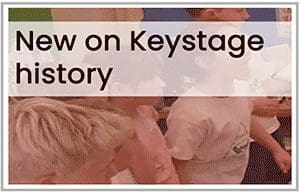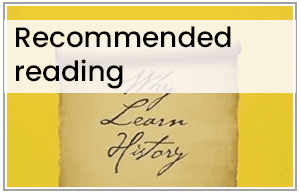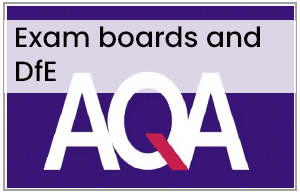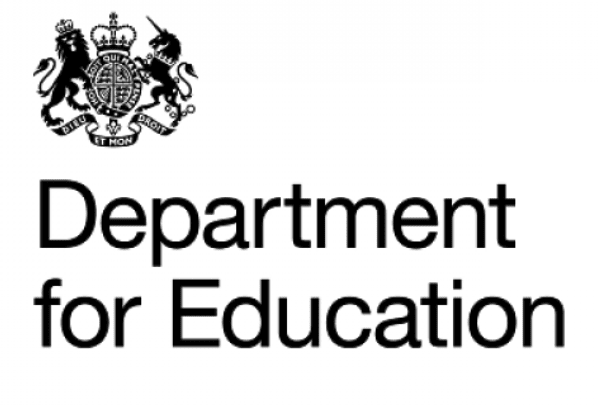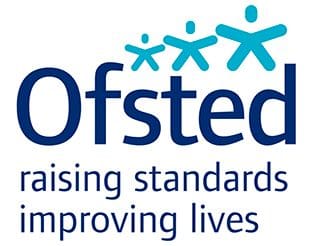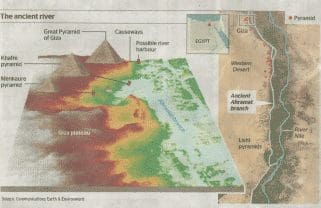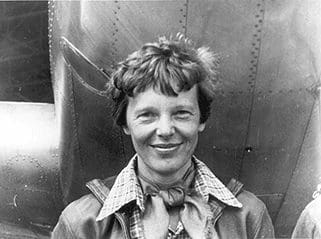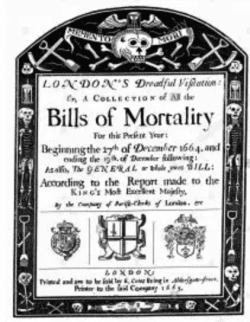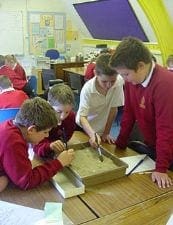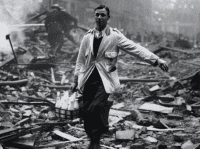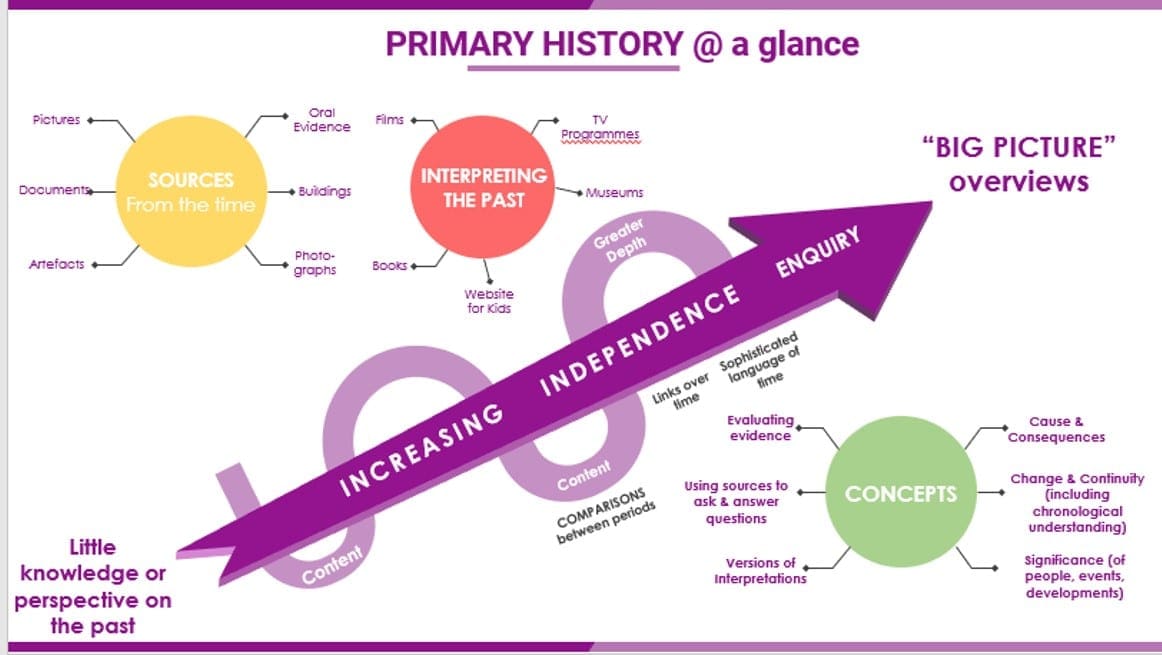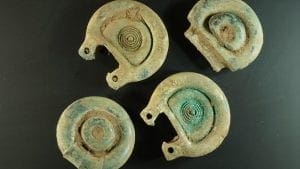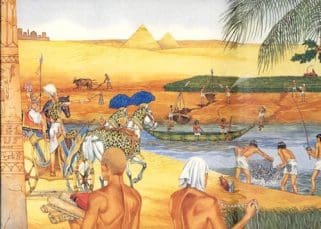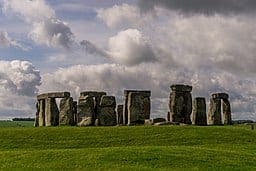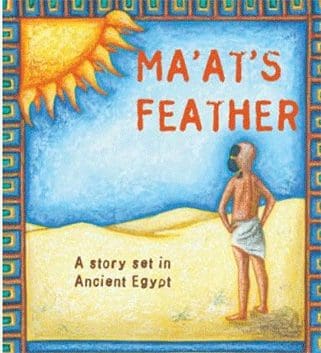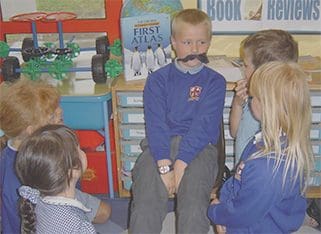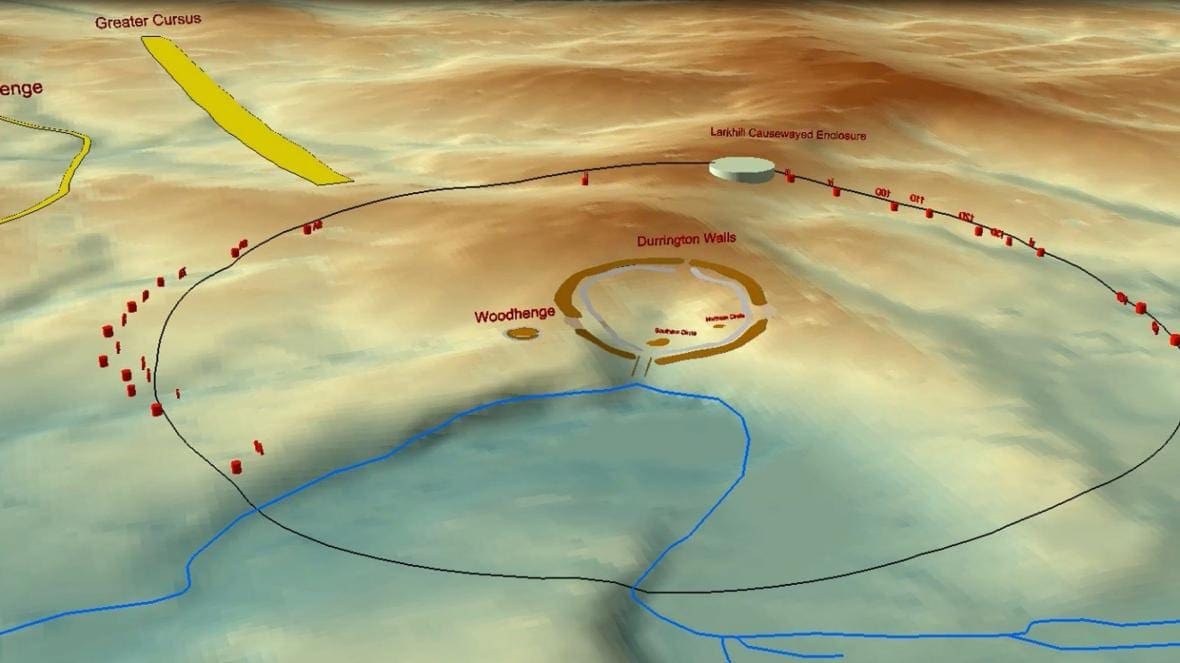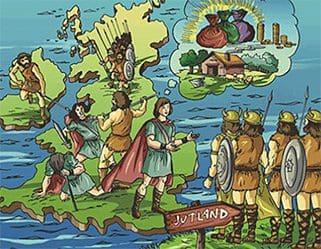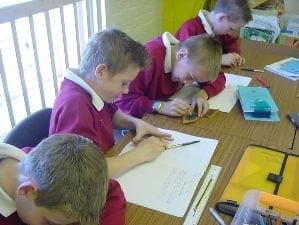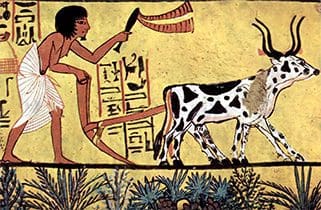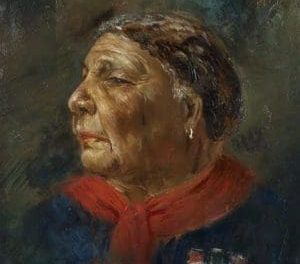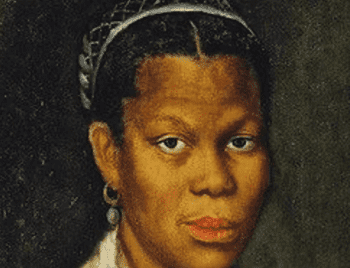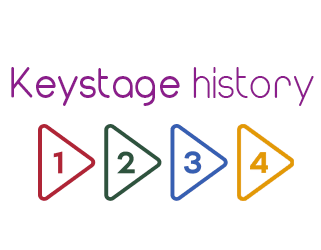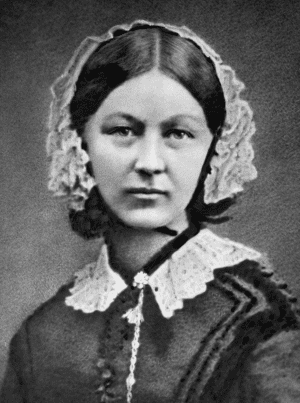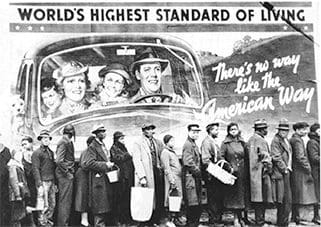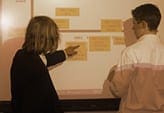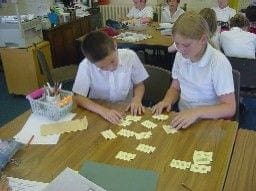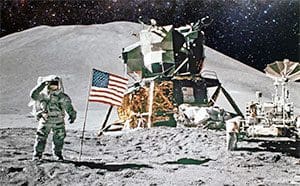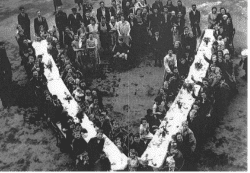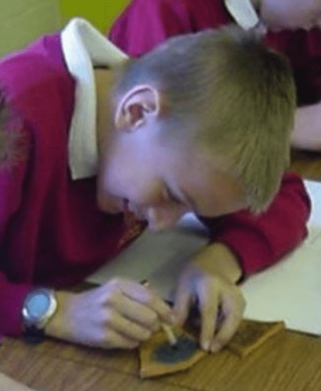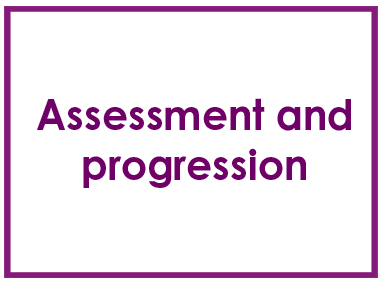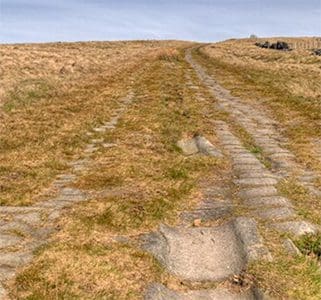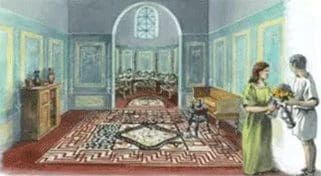Keystage History Blog – updates from Neil
Review of 2025 Historical Association survey
In addition to reading the OFSTED Lead Inspectors’ reports which are available online one of the ways of getting a…
Read MoreHistory curriculum review – December 2024 update
If any of you were still waiting for the promised new model history curriculum which was due to appear by…
Read MoreUsing story in your history teaching at KS2 – 10 top tips
I’ve just finished watching one of the more powerful of the Historical Association’s podcasts on the subject of story telling…
Read MoreOFSTED’s focus on history deep dives 2024
From time to time, its worth reminding ourselves of what OFSTED chooses to comment on when reporting its findings from…
Read MoreThe mystery of why the pyramids were built in the desert is finally solved
Many of you teaching Ancient Egypt in depth as part of a broader topic on ancient civilizations will , no…
Read MoreTeaching Olympic games in 2024
Are you planning to teach about the Olympic games which are coming to Paris in July 2024? If so you…
Read MoreLooking for a change of Significant person at KS1 ? The Taylor Swift of her time – April 2024
You might be interested in a brand-new planner and lessons on Amelia Earhart which is now being uploaded. Why is…
Read MoreTeaching KS1 pupils to question the ‘FACTS’ about Great Fire; focus on number of deaths
Take the simple assertion (to found in in most books pupils will come across), that only 6 deaths resulted from…
Read MoreThe state of primary history 25 years on
One of the drawbacks of being a historian is you just can’t help yourself when it comes to looking at…
Read MoreTake a new look at assessment in history in your school.
Now is the perfect time to get your assessment system for history in better shape. If colleagues know the criteria…
Read MoreThe Blitz 80 years on
On the night of 14 November 1940, 80 years ago, one of the most infamous aerial attacks of all time…
Read MoreWhat can you do at KS3 to make your history curriculum more representative?
In a recent article for the Historical Association ( HA news- Autumn 2020) Jake Subryan Richards offers his advice: ”…
Read MoreChanges for the 2021 GCSE History examination announced by AQA today
AQA GCSE History (8145) Students entering for GCSE History exams next summer will have a choice of studies with one…
Read MorePost-1066 thematic unit for KS2; Beyond Face Value is now complete- full planner ready . Lessons launched soon
Those of you who have patiently waited for us to clear the copyright for the post-1066 thematic unit linking the…
Read MoreWhat is primary history? Have a look at this ‘at a glance’ diagram which encapsulates the essence of the subject
The accompanying diagram attempts to display all the main elements of developing your pupils’ historical understanding, in one place. You’ll…
Read MoreSpectacular Bronze Age finds
Article: BBC Detectorist ‘shaking with happiness’ after Bronze Age find Among the items found this week in Peebles in Scotland…
Read MoreLinking your early civilizations at KS2
There is a real and present danger in KS2 of failing to make links between topics. If we are not…
Read MoreWizards and scientists:changing views of Stonehenge. History as interpretations and a constant conversation between past and present
One of the harder parts of teaching history at Ks2 is to explain to pupils that history is a construct,…
Read MoreUsing fiction in KS2 history. What can we read with our pupils during our Ancient Egypt topic?
For many years I have been advocating the use of fiction at KS2 to help pupils to realise the importance…
Read MoreBanality of OFSTED’s KS1 judgements in history. They don’t know what they are talking about. Stick to your guns.
Sometimes you just have to say it. What on earth do they expect? reading through a number of OFSTED reports…
Read MoreIs this another find to help us understand Stonehenge?
Yesterday’s more interesting news centred on a newly-published report on the finds at Durrington Wells on Salisbury Plain. As the…
Read MoreThinking about evidence at KS2. How do we know what happened in Saxons times?
Where does our knowledge of the Anglo-Saxons come from? It is important that we ask the recurring question “How do…
Read MoreThe importance of getting your key questions right in your KS2 history planning
Scanning through a number of KS2 history websites recently, I realised just how narrow a view of history was being…
Read MoreHow much do you need to talk about chronology when studying Ancient Egypt?
This is a question that has concerned many primary teachers for a long time. I have sat in the back…
Read MoreInteresting resources on Florence Nightingale and Mary Seacole
Great resource on Mary Seacole https://www.mylearning.org/stories/mary-seacole/199? There are three games and an interactive glossary, each one narrated by Mary Seacole. The…
Read MoreImproving diversity in your KS2 history curriculum
Amid the current state of heightened racial tension across Britain and the USA, I thought it might be a good…
Read MoreGetting your enquiry questions right for your history topics at KS1
Getting your enquiry questions right at KS1 On the Historical Association website is a scheme of work on George Stephenson…
Read MoreWhat are deep dive OFSTED reports saying about history within the EIF 2019 Framework
I thought I would publish all the OFSTED deep dive reports I can find which illuminate what schools should be…
Read MoreWhat inspectors report on in deep dive history inspections: a recent example with my commentary from 2020
What the inspectors said Commentary Pupils in your school thoroughly enjoy learning history. They like the enquiry-based approach you…
Read MoreMeeting OFSTED’s criteria for a good history curriculum at KS1 and 2 during extended transition period
Now that schools have an extra year’s grace from OFSTED to refine their curriculum that is being worked on, it…
Read MoreThinking historically: ‘learning to’..as well as ‘learning about’
While so many of you are locked down, it seems a good time to remind you of the key features…
Read MoreImproving history in your primary school: a short cameo of a success story
So what does effective leadership of primary history look like? A case study When Lara took over as history subject…
Read MoreFlorence Nightingale and her legacy – 200 years since her birth, on 12 May 1820
Historians have praised Florence Nightingale on the 200th anniversary of her birth, and said her legacy has “never been more…
Read MoreUsing quadrants to answers exam questions at GCSE and A level
Sometimes the simplest ideas are the best. Faced with an exam question such as How far do you agree with…
Read MoreGCSE history: Answering the question set , not the one they would prefer to answer.
Many of you teaching GCSE will be familiar with the issue. Your students answer the question they think the examiner…
Read MoreHistorical Association survey of secondary history provision 2019- few surprises and some disappointing statistics
Last week saw the publication of the annual survey into secondary history produced by the Historical Association. Obviously reflecting the…
Read MoreKey ideas in primary history
When we are teaching 11 subjects it is often difficult to catch the essence of each. If we’re not careful…
Read MoreGreat learning activity: Prove it! See examples for Scott of the Antarctic, Man on the Moon, Tudor theatre, Grace Darling, Louis Braille
One of the most effective learning activities which you will find in a small number of the outstanding lessons is…
Read MoreRemembering VE Day
In these difficult times when schools are not in session it will not be possible to commemorate the ending of…
Read MoreCreating your own timelines at KS2: one school’s recent find.
Charley Chanter of HertfordHeath primary school has just brought this Timeline making package to my attention He wrote:.I have been…
Read MoreAt last a way forward with KS2 assessment for history that will work for my school
Even though we will have had the National Curriculum for history ( albeit in different guises) for nearly 30 years,…
Read MoreWe learn by being excited not by being told; abiding principle of Keystage history
I get a lot of enquiries about Keystage history, largely from teachers who want to know what to expect from…
Read MoreDid you know there were over 1000 Roman sites in England and Wales?
The numerous discoveries of Roman finds, often by private metal detectors, have revealed more than 1,000 Roman sites in England…
Read MoreTeaching about Roman villas at KS2- some new finds in Gloucestershire. Should the housing development now go ahead – arguments for and against?
Those of you teaching about Roman villas at KS2, maybe even using the outstanding lesson on this website, Is this…
Read MoreOFSTED using frighteningly slender evidence to judge history at KS1 and 2
According to today’s Guradian report an eight-year-old boy was meeting the Ofsted inspector for the first time. “What do you remember…
Read MoreWhat would OFSTED say about history in your school? What needs to improve? A sample recent report gives an insight
After identifying a number of positive features of the history curriculum and history teaching the OFSTED inspector carrying out a…
Read MoreDon’t led OFSTED’s unrealistic expectations of you grind you down until they’ve given you the detailed training guidance help you need and deserve.
So you didn’t study history yourself beyond the age of 14, you have been leading the subject for just two…
Read MoreOFSTED and assessment of primary history in the EIF for 2019
OFSTED and assessment in primary history One of the features of deep dive subject inspections is that the two hardest…
Read MoreWhat does OFSTED really think about 2 year KS3 history courses?
More than half of schools now run lengthened Key Stage 4 history courses, effectively shortening Key Stage 3 to cater…
Read MoreOFSTED’s report on teaching of Toys-outstanding lesson
When the inspector entered, the pupils were sitting on the carpet around the teacher. She was gently exploring whether they…
Read More
